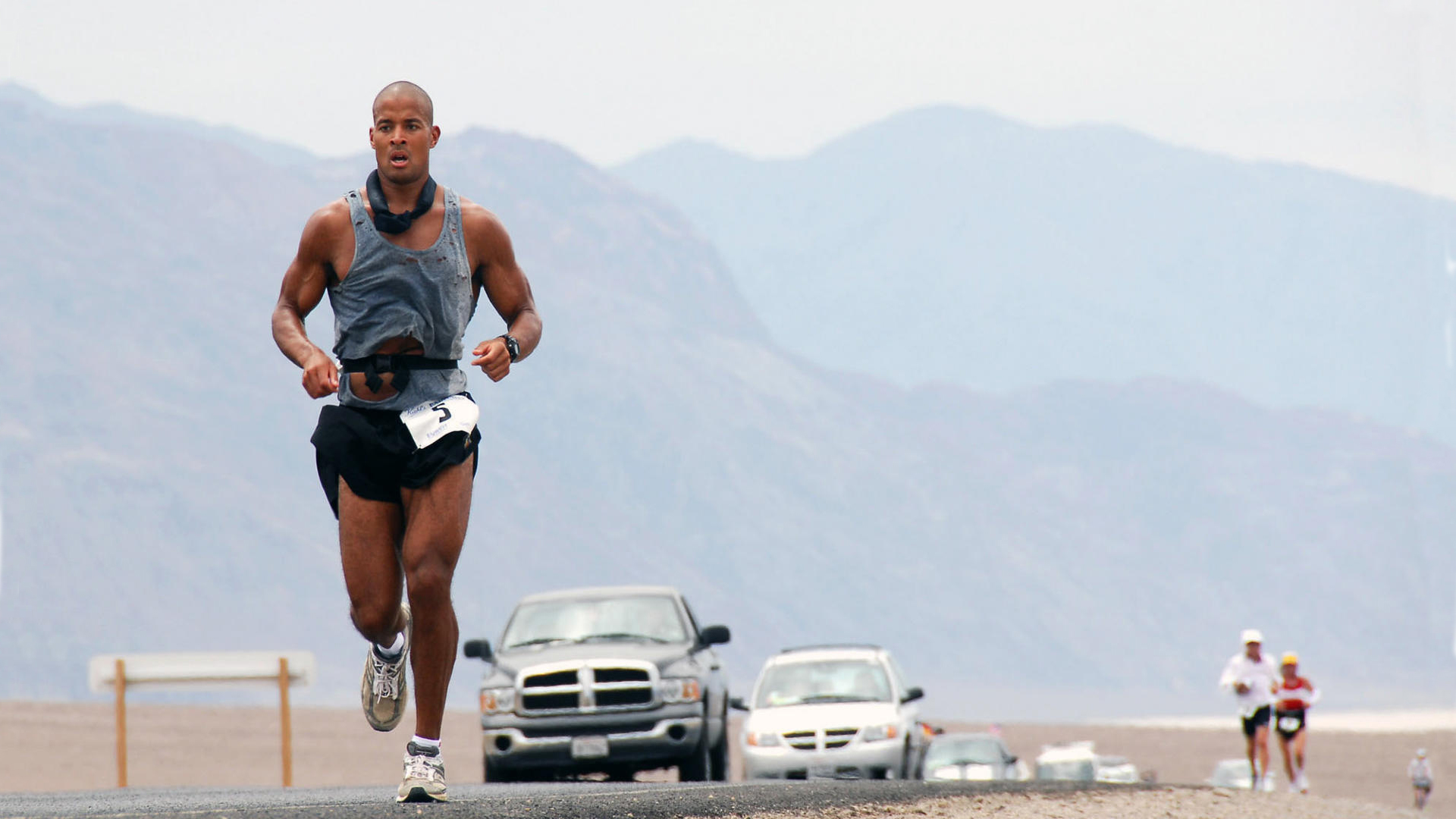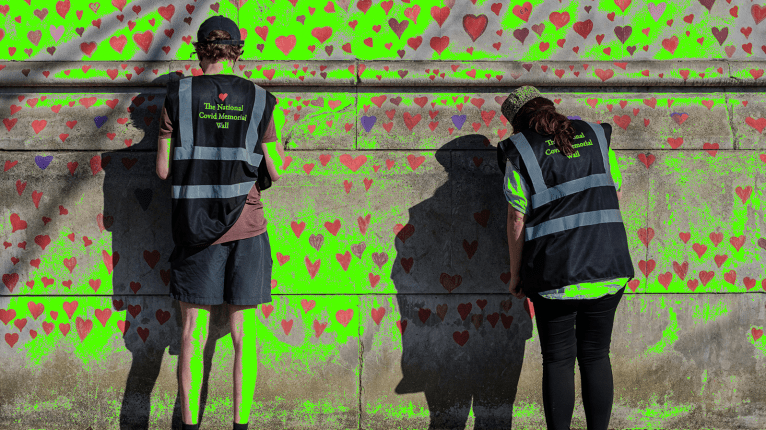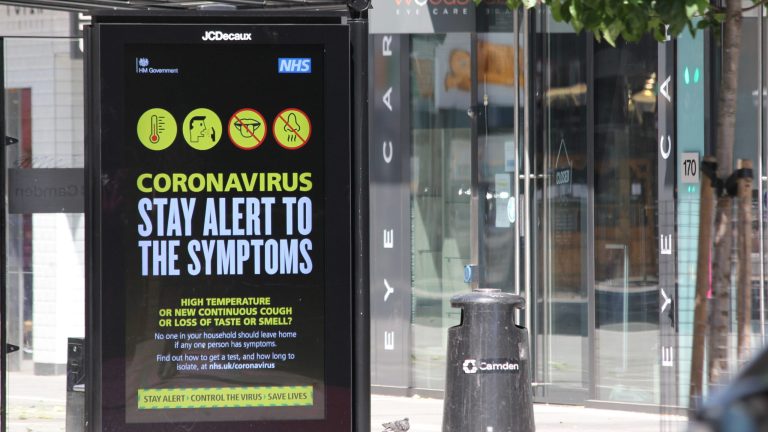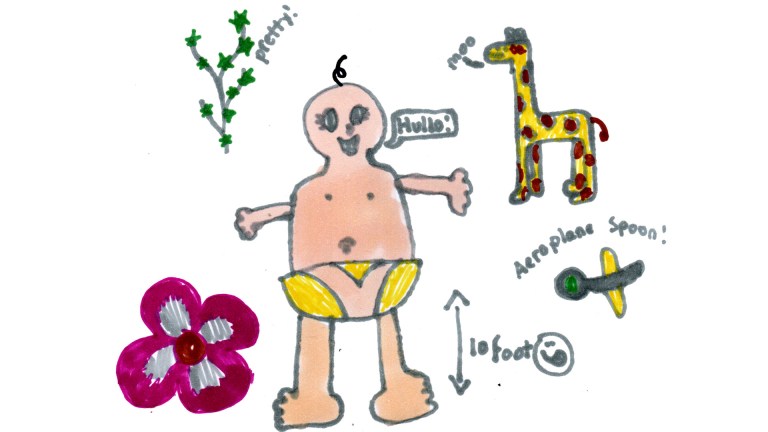For the most part, we live a hermetically sealed kind of existence. The perfect temperature can be achieved at the push of a button, dinner can be delivered on cue and communication occurs ever more through screens and devices; we want for nothing apart from the latest something. So the primal chemical surges designed to deliver us through situations of risk – such as hunting, fleeing predators and bashing chests with rivals – still yearn to be released. And hearing that call of the wild, some of us resort to engineering situations that will trigger them.
City fight gyms run pricey ‘pretender to contender’ training programmes, designed to give desk jockeys a taste of glory in the boxing ring. And thanks to the exaltations of Russell Brand, Liam Hemsworth and Oprah, Dutch athlete Wim Hof’s ice-water therapy has become accessible to anyone with the app. Hof recommends: “Die once a day, because it makes you so alive!” So consider turning the hot tap off in the shower and getting it over and done with first thing.
It’s easy to imagine that, as the world opens up again, there’ll be a spike in the bucket-list economy: running with the bulls in Pamplona; taking hallucinogenics to indulge in post-apocalyptic Mad Max–style fantasies at Burning Man; survival vacations, where guides upskill suburbanites in not dying in mountainous or desert terrains; treks up Mount Everest, which can have two-and-a-half-hour queues near the summit. Before the pandemic, adventure and ultramarathon races were getting so oversubscribed that organisers implemented a lottery system. Now add to that an antsy understanding that our freedom can be taken away at any time.
In May this year, 21 runners died in China’s Gansu Province during deadly weather conditions. Such a mass tragedy was an extreme situation, but endurance races are generally known to cause debilitating physical damage and the occasional death. Races have names such as Triple Brutal Extreme Triathlon and Hurt 100. One of the earliest US events, in 1928, the Trans-American Footrace, was nicknamed The Bunion Derby in the press.
When you strip yourself all the way back, you get to rebuildUltra-runner Luke Tyburski
In my book Everything Harder Than Everyone Else: Why Some of Us Push Our Bodies to Extremes, I interviewed ultra-athletes such as London-based Luke Tyburski, whose race history oozes suffering. His toes were rubbed raw in Marathon des Sables sand. An intestinal parasite plagued him during the Everest Ultra. He was mistaken for a shuffling beggar, and his tongue swelled to twice its size from a five-hour salty swim across the Gibraltar Strait (though the appendage stopped short of falling apart, as Ross Edgley’s did when he circumnavigated the coast of the UK). Luke calls this “suffering as salvation”. To him, the prospect of permanent damage is simply not high in the hierarchy of importance.
“The thing that I’ve realised from stripping myself back and getting into nature is that when you’re in that moment where you’ve been running for 10 hours, you don’t care about what Sally wrote about you in social media comments or what society is trying to push on everyone,” he says.










